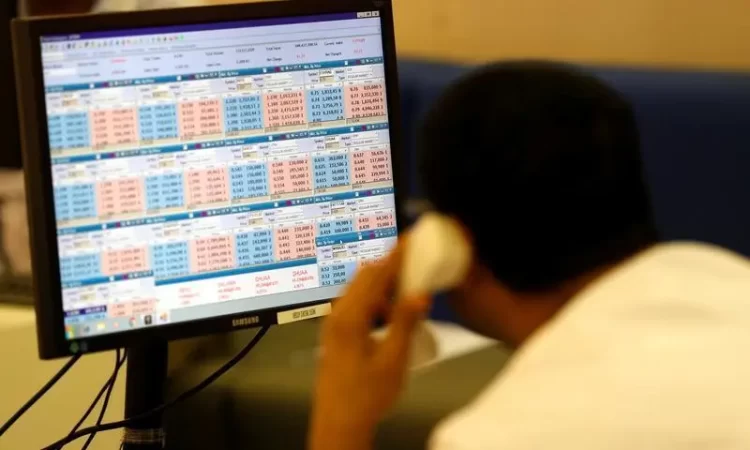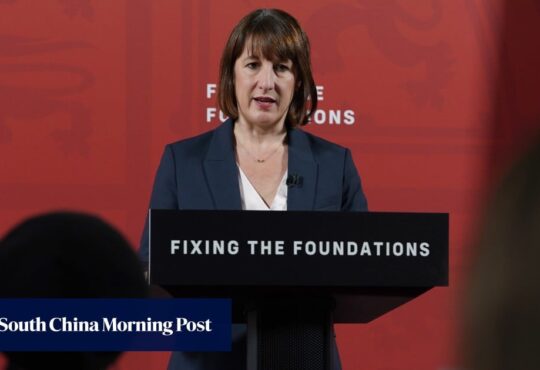
The UAE stock markets were the second-best performing stock market in 2022, and the best in US dollar terms with a gain of 37 per cent, recent research showed.
The interest in the country’s equities is likely to continue this year as 11 initial public offerings are slated for this year.
“The interest in the local market last year was a result of the region’s success in taking many of the national companies public. In 2022 GCC share of global IPOs jumped to 23 per cent with the UAE in the lead by 12 companies raising $11 billion,” StoneX Retail’s Regional Director Ritu Singh told Khaleej Times in an interview.
The UAE is attractive because the stocks are priced in the dirham, which is pegged to the dollar and therefore there is not much exchange rate risk as in other emerging markets with currencies not pegged to the US dollar, Singh said.
“Furthermore, with oil demand expected to reach a record high in 2023 according to the International Energy Agency, the region and the UAE will continue to enjoy budget surpluses and that will be reflected in its financial markets,” she added.
A Fortune 100 company with a nearly 100-year track record, StoneX Group Inc. serves more than 50,000 commercial, institutional and payments clients, and more than 370,000 retail accounts, from nearly 80 offices across six continents. StoneX Group operates a global financial services network that connects companies, organisations, traders and investors to the global market ecosystem through a unique blend of digital platforms, end-to-end clearing and execution services. The company providing its network, product and services to allow clients to pursue trading opportunities, manage their market risks, make investments and improve their business performance.
From a macroeconomic perspective, the global economy is expected to further slow down in 2023. Although the pandemic itself has rather subsided, its effects still weigh heavily on many countries which are struggling to recover. Europe, the UK, and to a less extent, the US, are all vulnerable to falling into recession in the coming year, while growth is likely to be more robust in emerging and developing Asia. Gloomy scenarios are expected if inflation stays stubbornly stuck in the 5 per cent range, despite rising interest rates, – or worse – increases beyond the 5 per cent mark, confirming International Monetary Fund forecast that “the worst is yet to come”, StoneX research shows.
In terms of commodities, Singh believes that as long as there’s high demand and low supply, prices will remain up. “Inflation could provide a tailwind to Commodity prices, provided demand continues to outstrip supply,” she said. Forex.com (a StoneX subsidiary) analysts are tightly linking commodity prices to geopolitics, especially after 2022, where a mixture of supply chain bottlenecks, war and demand-driven inflation created ripples across financial markets. “Today, oil prices are caught between fears of a global slowdown, a raging conflict between superpowers, and Opec’s desire for higher prices. However, oil is more likely to close higher in 2023 than lower,” Singh said. With China reopening and Opec’s support, Forex.com experts estimate the commodity price to range between $60-$110 this year. “So what we’re likely to see is continued volatility going to get impacted by various factors,” Singh said.
For global indices, 2023 is likely to be equally, if not more, turbulent than 2022. Analysts expect the sharp central bank policy tightening to become less aggressive, before rate hikes are paused altogether and potentially reversed in the latter parts of the year. Inflation might remain sticky, and the global economic slump is likely to worsen, holding back consumer spending. Despite European indices experiencing a strong rally in Q4, it is doubtful whether the rise in stocks can continue. Given the expected central bank-induced recession early 2023, European indices could fall in the first half, before mounting a slow, drawn-out recovery in the second part of the year. “People are on the edge and reactions are more extreme and that defines volatility,” Singh said.
While online trading took off in a major way during the pandemic, Singh believes that every area of consumer interaction the spike is going to flatten out a bit. “Those customers who have not done it before will realise that this is a possibility and a convenient way of dabbling in the markets and add internet to their portfolio. That knowledge and exposure is not going to get taken away,” she said. “I think we gave created a space which is going to continue to engage going forward as investors understand that this is an avenue available to them. More and more people will take to taking investment decisions by themselves and get control in their hands,” she added.
Copyright © 2022 Khaleej Times. All Rights Reserved. Provided by SyndiGate Media Inc. (Syndigate.info).






